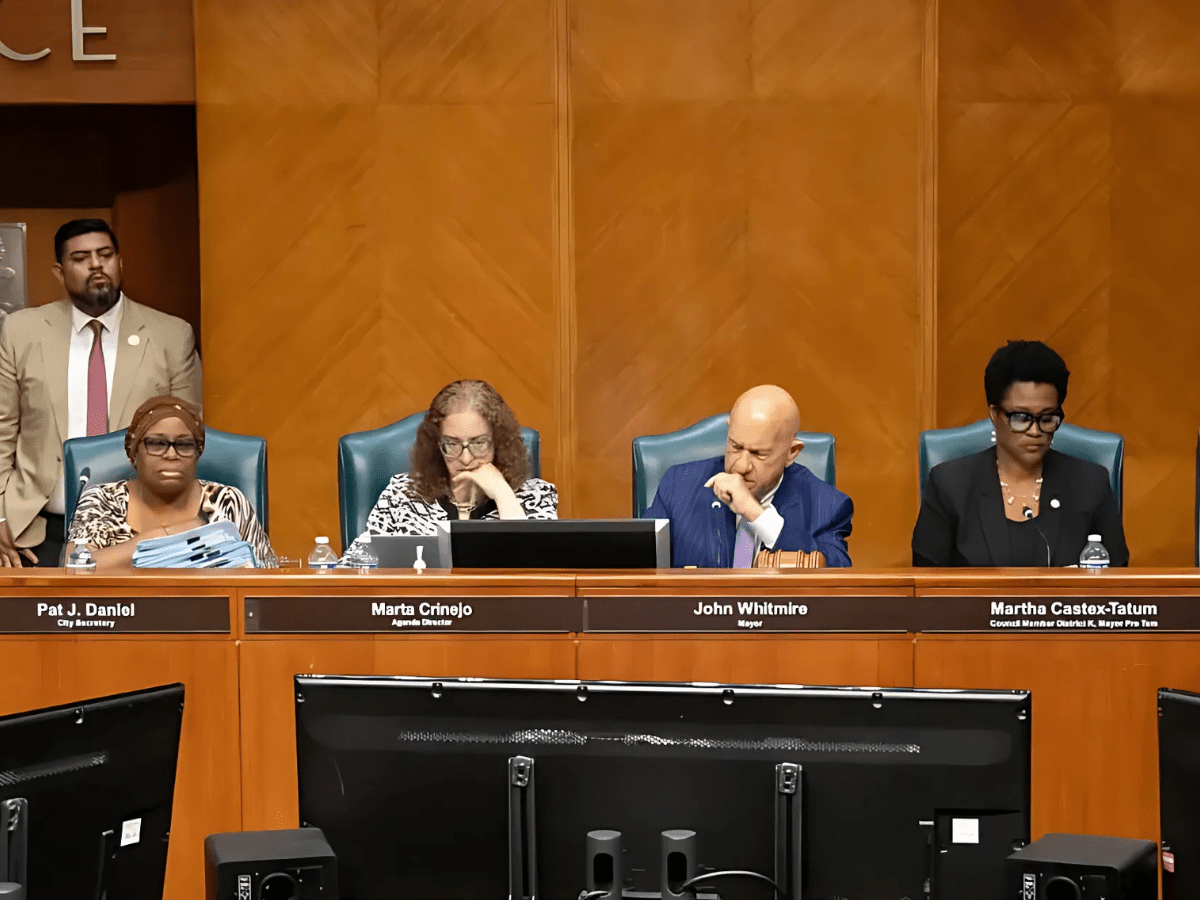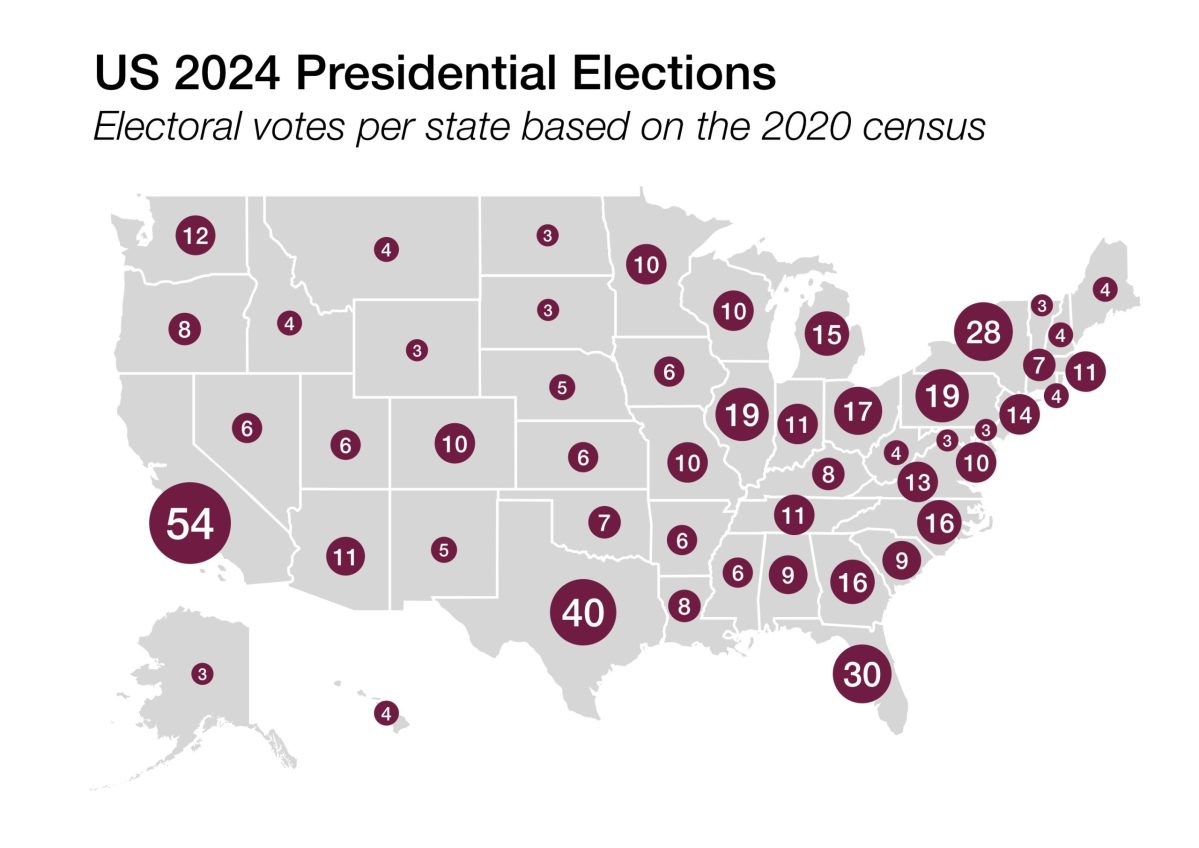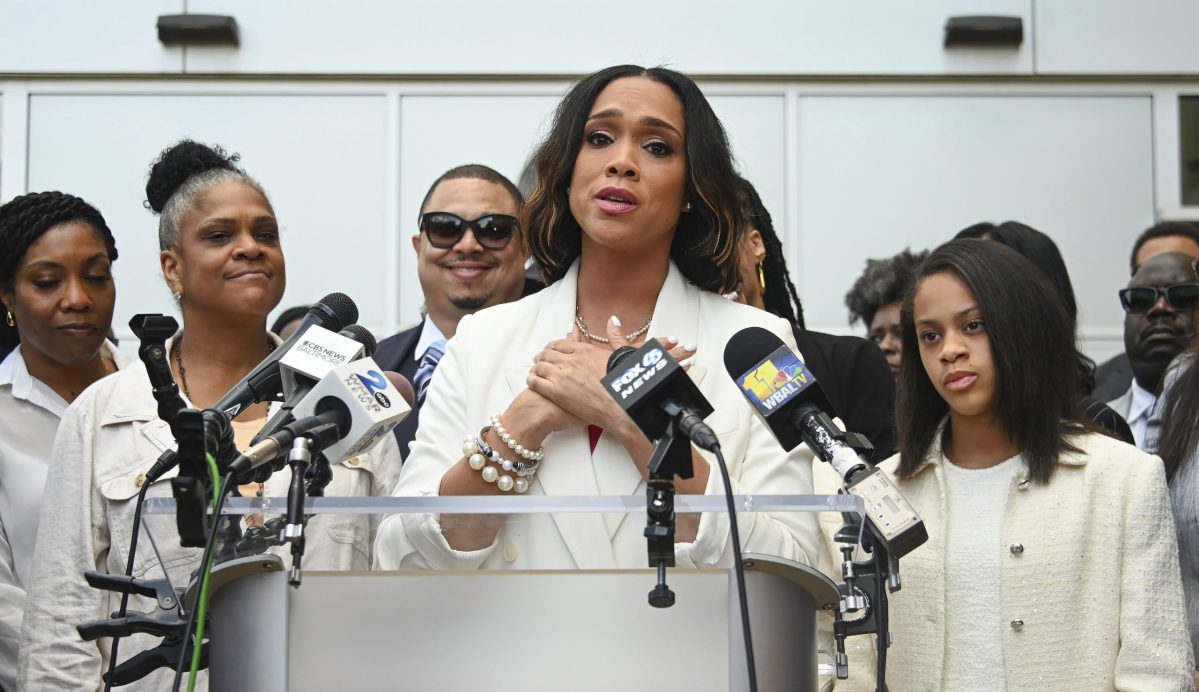According to a recent study, there are significant racial and gender differences in the way the City of Houston divides up company spending.
The investigation, which was carried out by the consulting firm MGT, contrasted the number of minority-owned companies in the Greater Houston area with the companies that were awarded city contracts for professional services, commodities, and construction. According to MGT, their objective was to comprehend how race, ethnicity, and gender affect a company’s capacity to operate in the city’s marketplace. This includes how the public and private sectors obtain funding and secure contracts or subcontracts in the markets where the City of Houston operates.
According to MGT Project Director Vernetta Mitchell, there were differences in almost every category, demonstrating that women-owned and minority-owned businesses (MWBEs) are not making the same amount of money as their non-MWBE counterparts.
The analysis, which examined city spending from 2017 to 2022, discovered that although MWBEs made up 34% of the available firms, they only received $2.2 billion, or nearly 29%, of the $7.7 billion that the city spent.
Black-owned businesses face significant disparities
The survey found statistically significant differences in all spending categories for black-owned firms. Disparities existed in some places for other non-white groups as well. While Hispanic-owned businesses did not experience any differences in construction spending, all non-white groups experienced large disparities in professional services, with the exception of Asian and Hispanic-owned enterprises.
The study found that non-white groups faced systematic disadvantages when all spending categories were taken into account, despite a few isolated parity areas.
Mitchell underlined that there are differences for all groups taken together.
Federally funded projects show mixed results
In contrast, Black-owned businesses did not experience any discrimination in federally supported projects, according to the research. However, there were large to notable disparities in city funding for these programs for non-white groups and non-minority women.
Council Member Julian Ramirez remarked, “These findings raise important questions and warrant further discussion.”
Next steps
The study comes to the conclusion that the discrepancies offer proof of possible discrimination in the marketplace, establishing legal justification for policies that assist MWBEs. Among the recommendations are:
- Enhanced data collection and transparency
- Increased advertising for procurement opportunities
- Expanded opportunities for subcontractors
- Growth of the Small Business Enterprise program to better serve historically underserved groups
On December 10 at 11 a.m., the Houston Office of Business Opportunity will hold a virtual town hall to go over the results and possible fixes.




